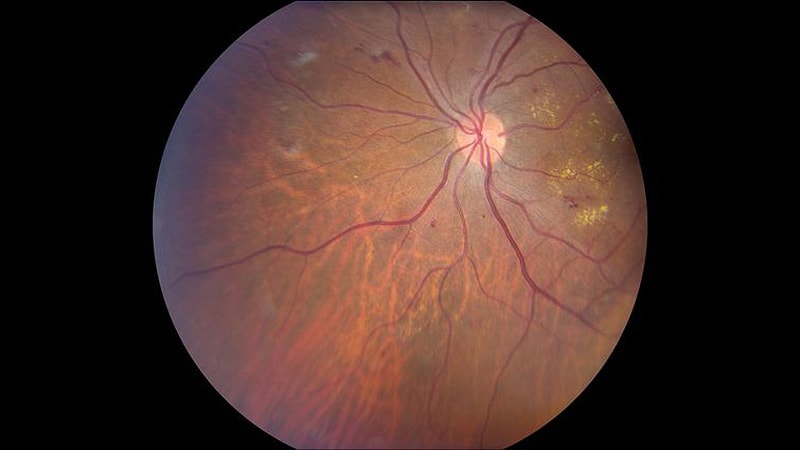Takeaway
- This study found no significant association between pre-diabetes or diabetes and the risk for gastric adenocarcinoma.
Why this matters
- Studies examining the association between diabetes and risk of gastric adenocarcinoma have provided inconsistent results.
Study design
- A cohort study of 111,198 participants recruited in the Northern Swedish Health and Disease Study between November 1985 and April 2017.
- The exposure to pre-diabetes or diabetes was evaluated by oral glucose tolerance tests (blood glucose measured at fasting and 2-hour later after a 75 g oral glucose load).
- Main outcome: newly diagnosed gastric adenocarcinoma during the follow-up.
- Funding: Swedish Research Council and Cancer Society.
Key results
- Of 111,198 participants, 23,900 (21.5%) had pre-diabetes, 5958 (5.4%) had diabetes and 81,340 (73.1%) were normoglycaemic.
- During the follow-up, 219 (0.2%) participants developed gastric adenocarcinoma.
- In separate analysis, risk for gastric adenocarcinoma was not significantly higher in pre-diabetes (adjusted HR [aHR], 1.07; 95% CI, 0.79-1.44) and diabetes (aHR, 0.77; 95% CI, 0.46-1.29) groups vs normoglycaemic group.
- No associations were observed between pre-diabetes or diabetes and the risk for gastric adenocarcinoma in analyses stratified by covariates or separating cardia and non-cardia gastric adenocarcinoma.
Limitations
- Risk of residual confounding.
References
References



